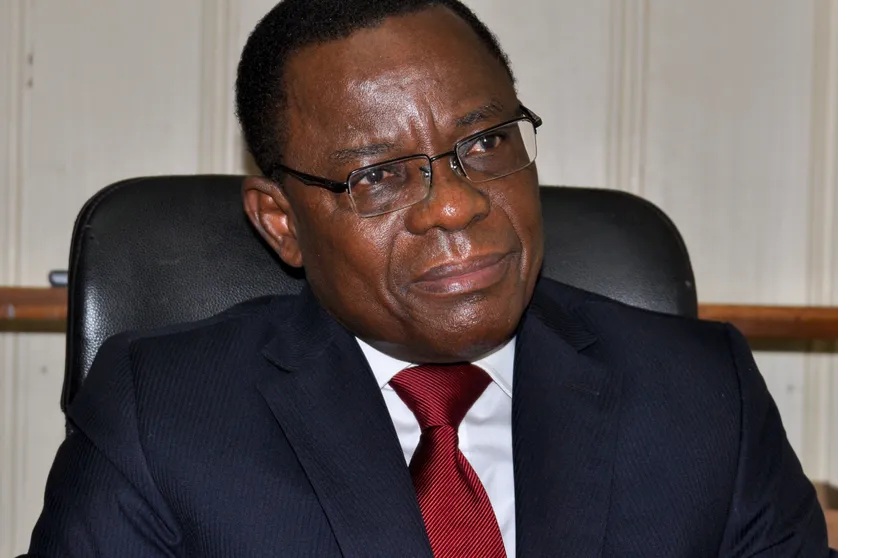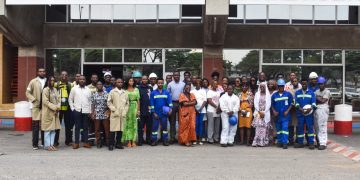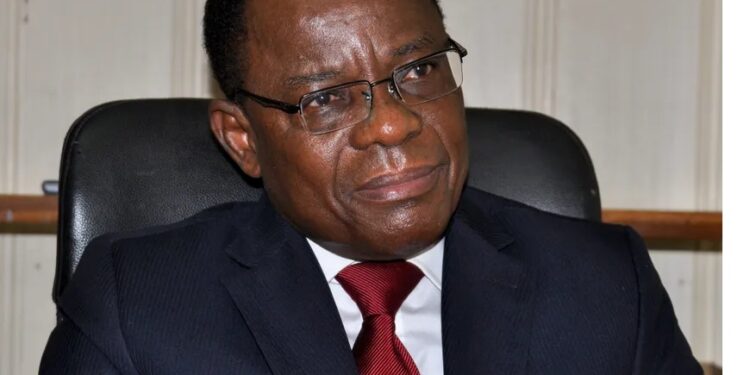
In the context of the upsurge recognized by the public authorities of the Covid-19 pandemic in Cameroon, the Cameroon Renaissance Movement (CRM) invites the Government to proceed with the decongestion of the country’s prisons by releasing some prisoners.
Indeed, for several months, Cameroon has been facing a new phase of increased contamination and deaths due to Covid-19, which is now more virulent and deadly than in the previous phase. The prison environment in Cameroon is, as the Minister of State, Minister of Justice, Keeper of the Seals himself acknowledged at the 25 March 2021 meeting of the Inter-ministerial Committee responsible for evaluating and monitoring the implementation of the government’s strategy against the coronavirus pandemic, characterized by overcrowding and difficulties in enforcing preventative measures, notably physical distancing.
Prison overcrowding is accompanied by insalubrity and great promiscuity which are incompatible with the rules of hygiene. It favours the accumulation and combination of objective factors of transmission of the coronavirus.
For several months, numerous cases of prisoners testing positive have been reported in various prisons across the country. A government study carried out in 21 prisons out of the 70 in Cameroon, and the results of which were made public during the above-mentioned Inter-ministerial Committee meeting of 25 March 2021, reported about 700 contaminated inmates. It should be noted that apart from the fact that the study covered less than half of the country’s prisons, these figures were already far below the reality. In any case, they are now out of date.
It is of great concern that no reliable statistics can be given by the Government on the actual rate of infection in prisons and consequently of deaths from Covid-19. The shortage of anti-Covid-19 tests throughout the country, including at airports, is now well known.
Aware of this critical situation in the prisons, the Administration has taken a number of measures, including limiting visits to prisoners. Unfortunately, this measure is experienced as a punishment by the latter. Moreover, it is not the appropriate solution to the current health challenge due to the overcrowding of prisons, which is causing the spread of Covid-19 to take a dramatic turn in prisons.
The United Nations has repeatedly called for the decongestion of prisons. Indeed, the United Nations High Commissioner for Human Rights, Michelle Bachelet, has regularly called for this. Already on 25 March 2020, she warned of the possible “ravages” of Covid-19 in prisons if governments do not work “quickly to reduce the number of people in detention”. More recently, in October 2020, she said: “Those detained solely for their political views or other forms of human rights activism should certainly not be treated more harshly or put at greater risk. She continued: “I call for the unconditional release of human rights defenders, peacefuldemonstrators, lawyers, political prisoners and all other persons deprived of their liberty for expressing their views or otherwise exercising their rights.”
It can be seen that this recommendation has been followed by several countries around the world. In Africa, Ethiopia, Morocco, Libya, Nigeria, Equatorial Guinea and probably other countries have already released tens of thousands of prisoners.
During the previous wave of Covid-19 in 2020, following the presidential decree of 16 April, a certain number of detainees were certainly released, but not enough to really unclog the country’s prisons, especially the larger ones.
read also Exposition “Corps et Espace” de Jean David NKOT : Doual’art vibre au rythme de l’art » TALLARTISTIK
Knowing that the current wave of Covid-19 is more virulent than the previous one, it is urgent that the Government be more proactive by finding a fair and appropriate humanitarian formula to finally unclog the prisons. This is a real humanitarian emergency.
The government cannot allow tens of thousands of detainees, mostly remand prisoners, who populate the country’s prisons to see their detention turn into a disguised death sentence.
read also Eliminatoires de la Can total 2021 : le Cameroun se fait étriller par le Cap-Vert (horizoncamer.com)
In view of the anticipated humanitarian release which is now vital, I propose that the cases of the following people be examined : the elderly; individuals with co-morbidity;perpetrators of minor offences; primary offenders who have committed minor offences; minors who have committed offences; pregnant women, perpetrators of embezzlement of public funds who are willing to refund the sums embezzled; people who are desperately waiting to be tried; sometimes beyond the deadlines set by the Code of Criminal Procedure; people arrested in the context of the civil war in the North-West and South-West regions; journalists; whistle-blowers; CRM militants and sympathisers arrested in the context of the Peaceful Marches organised on 22 September 2020, and more generally, all prisoners of conscience.
Not taking the humanitarian decision that the current situation in our prisons requires in the face of this new wave of the Covid-19 would be tantamount to voluntarily allowing an objective focus for the spread of the coronavirus to develop and, consequently, to favour the persistence, or even the worsening of the pandemic underway in Cameroon.











































